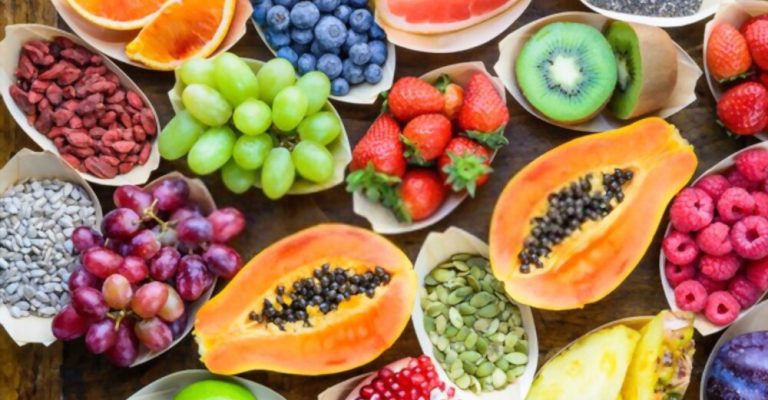
Developing a diet high in brain-healthy items is easier when you know which ones aid in stroke healing. Based on scientific research, we have compiled a list of foods that have been shown to help stroke sufferers in various ways. In addition, stroke survivors can benefit greatly from the vitamins and polyphenols found in many of the plants on this list.
However, before we get into the specifics of the best food for recovery after stroke, it’s important to note that some meals, despite being generally beneficial, can worsen current health problems, like high cholesterol or high blood pressure. That’s why it’s so important to get approval from a medical professional or nutritionist before implementing any dietary adjustments after a stroke.
Specifically, Brain-Derived Neurotrophic Factor-promoting meals are the most helpful for stroke rehabilitation. (BDNF). The brain-derived neurotrophic factor (BDNF) helps synapses divide and communicate. This is essential for flexibility, the brain’s capacity to reorganize its neural circuits in response to trauma such as a stroke.
To aid in your recovery from a stroke, your clinicians will likely have you engage in a number of highly repetitive rehabilitation activities. Although the regular practice is necessary to trigger neuroplasticity, consuming items that increase BDNF synthesis can augment its benefits.
Never make dietary adjustments without first consulting a nutritionist or medical professional. They may monitor your blood pressure, cholesterol, and other stroke risk factors to ensure you aren’t making them more serious. The following is a summary of meals that, based on the most recent scientific studies, can aid in healing stroke victims.
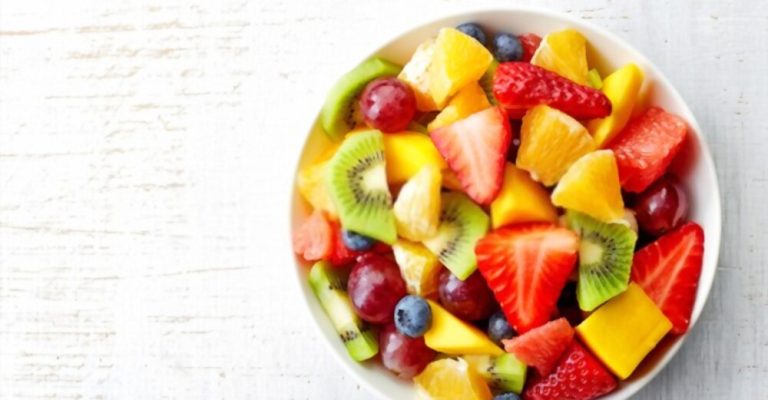
The most effective meals for stroke healing are those high in BDNF and other nutrients that help the brain recuperate. When feasible, it’s best to get the minerals you need from food, and when that’s not possible, vitamins authorized by your healthcare provider can help. A selection of nutritious meals for stroke sufferers is provided below.
The following 7 items have been shown to aid in stroke recovery.
Avocados are a powerhouse of vitamins and minerals, and research has shown that they may be especially beneficial for stroke survivors. Avocados contain healthy fats and vitamins E, C, and K, which can help reduce cholesterol levels. In addition, avocados are a great source of dietary fiber—a nutrient that helps to improve digestion, which is often affected by stroke. Eating avocados regularly can help regulate the digestive system and promote better overall health after a stroke.
Avocados’ high Vitamin E content also helps the body recover from the oxidative damage caused by strokes. Vitamin E is an antioxidant that protects cells from damage due to oxidation and free radical activity linked to strokes. Research has also shown that Vitamin E might help reduce inflammation after a stroke, making it easier for the body to recover. Additionally, studies have suggested that eating foods rich in vitamin E may also help slow down cognitive decline following a stroke.
They contain lutein—a carotenoid found in green leafy vegetables like spinach—which has been linked with improved cognitive function following a stroke. Lutein is known to protect brain cells from oxidative stress while boosting communication between neurons in the brain; this makes it essential for cognitive recovery after a stroke. By incorporating avocados into your diet regularly, you can ensure your body gets all these vital nutrients in recovery after a stroke.
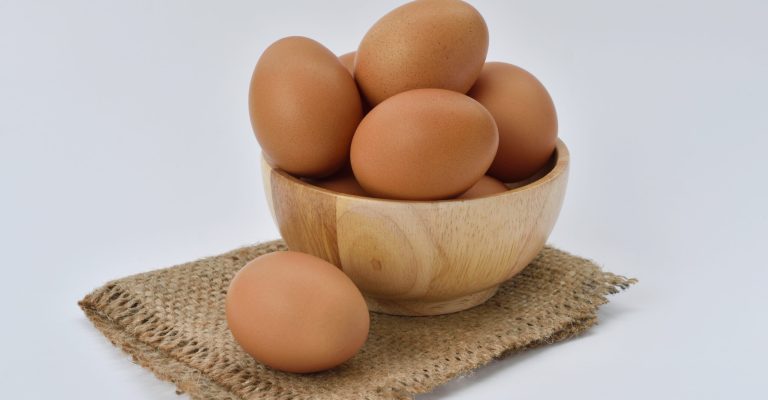
Patients with a stroke can benefit from the protein in eggs. Stroke survivors having trouble eating (dysphagia) can consume eggs because of their delicate texture and versatility in preparation. More so, research published in the Journal of the American College of Nutrition found that regular consumption of eggs reduced the risk of future strokes. Additional studies demonstrated that reducing stroke risk by 12% simply by consuming one daily egg.
Tomato is another best food for recovery after stroke. The consumption of tomatoes has been linked to helping prevent strokes. This is because tomatoes contain a high content of the carotenoid compound called lycopene, known to have powerful antioxidant properties. Lycopene has been found to reduce inflammation, repair oxidative damage, and improve endothelial cell function. All these factors help protect against stroke, as inflammation and poor vascular health are major risk factors.
Studies have also suggested that lycopene may be beneficial in aiding recovery after a stroke has occurred. In one study, participants who took a supplement containing lycopene were found to have improved outcomes compared to those taking a placebo. The most significant improvements were seen in cognitive functioning and motor activity. It was hypothesized that this could be due to lycopene’s protective effect on neurons and its ability to reduce inflammation and oxidative damage caused by a stroke.
Additional studies have also suggested that consuming a diet rich in tomato products can help protect against other conditions associated with stroke, such as dementia and Parkinson’s disease. This is likely due to the abovementioned mechanisms – reducing inflammation, oxidation, and improving vascular health.
Furthermore, some research suggests that lycopene supplementation may even help prevent seizures due to its anti-inflammatory effect on brain cells affected by a stroke or traumatic brain injury (TBI).
Overall, mounting evidence suggests the potential for lycopene from tomatoes to aid in recovery after a stroke or TBI. While more research needs to be done before any definitive conclusions can be made, it appears that consuming tomato products may offer protection against strokes and other neurological disorders while helping improve cognitive functions and motor skills post-stroke/TBI.
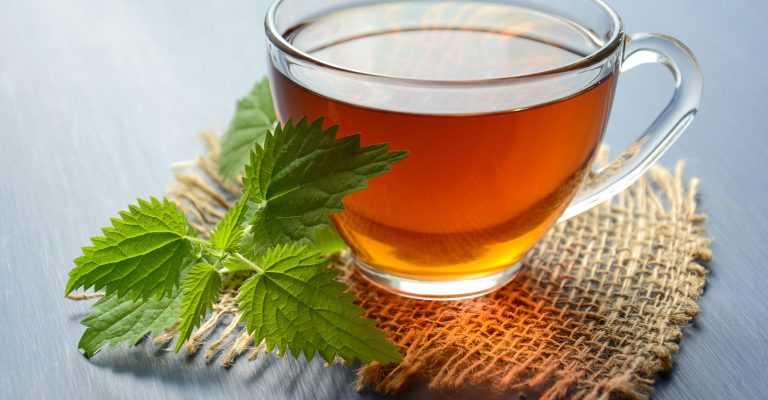
Stroke therapy professionals have differing opinions on whether or not caffeine should be used. If your blood pressure is already elevated, you should probably avoid coffee because it produces a rapid but temporary increase. This perfectly illustrates why you should consult your doctor or nutritionist before making any significant nutritional adjustments.
Green tea, with its high levels of antioxidants and flavonoids, is a good choice for patients still craving energy. The American Heart Association conducted research showing that stroke patients who consumed multiple glasses of green tea daily had a 62% reduced chance of mortality.
Taking Olive Oil into the diet can offer numerous health benefits for those suffering from stroke recovery. Olive oil contains a high content of monounsaturated fatty acids, which have been shown to reduce inflammation associated with stroke recovery. The anti-inflammatory compounds in olive oil have been linked to improved brain function and increased cognitive performance.
Olive oil is high in antioxidant compounds such as polyphenols and carotenoids, which can help protect brain cells from free radical damage caused by stroke. Both these properties can aid in stroke recovery by strengthening the brain’s cells and providing better blood flow to areas affected by the stroke.
Apolipoprotein is a protein in the blood, and olive oil can help boost your body’s supply. The chance of developing the cardiac disease is reduced when this protein is present in large quantities. Olive oil may aid in stroke healing, but excessive consumption could have adverse effects. However, olive oil is a fantastic salad food additive and ingredient when appropriately used.
Including plenty of veggies in your diet is crucial to your well-being. Vegetables from the legume family are highly beneficial for stroke rehabilitation due to their high potassium, calcium, and protein content.
Beans, lentils, and peas are all examples of legumes that can be beneficial to eat after a stroke. Magnesium is vital for neuroprotection, and beans, in particular, have a lot of it. Soups, sauces, and even vegetarian sandwiches can benefit from adding legumes.
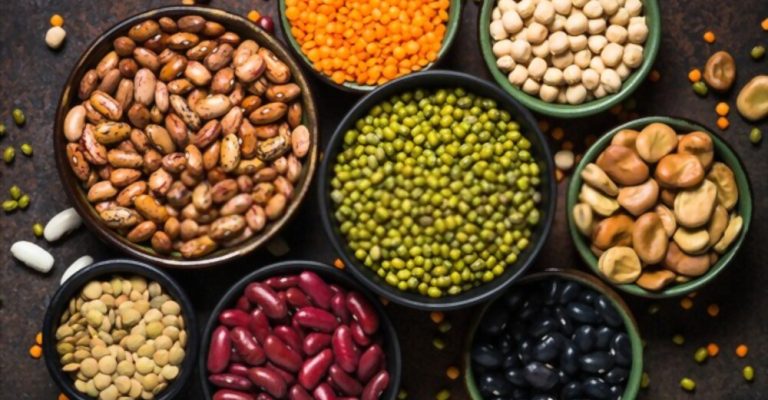
Brain-derived neurotrophic factor (BDNF) and cognitive development are both supported by omega-3 fatty acids. Salmon and other oily seafood are good sources of EPA, an omega-3 fatty acid. The body does make its own EPA, but getting more of it can aid in healing after a stroke. Among the best micronutrients for people with stroke, it is easily obtained through food.
Due to the fact that the human body is unable to synthesize ALA, flaxseeds are a fantastic dietary supply of this essential omega-3 fatty acid. Thus, it is included in the best food for recovery after stroke. The neuroprotective and neuroplastic effects of ALA were recently emphasized in research.
Flax seeds contain high levels of lignans – which are phytoestrogens found in plants – they may protect against further damage to neurons due to their antioxidant properties. On top of that, flaxseeds are also high in dietary fiber and plant protein, both of which have been linked to improved cognitive performance after stroke. Adding these nutrient-dense superfoods into your diet could help improve your overall recovery after a stroke.
Although clinical data support the aforementioned this list of the best food for recovery after stroke for their nutrients for stroke patients, it is essential to discuss any dietary adjustments with your doctor or nutritionist first. Then, they can evaluate your current health situation and make recommendations based on what’s best for you.